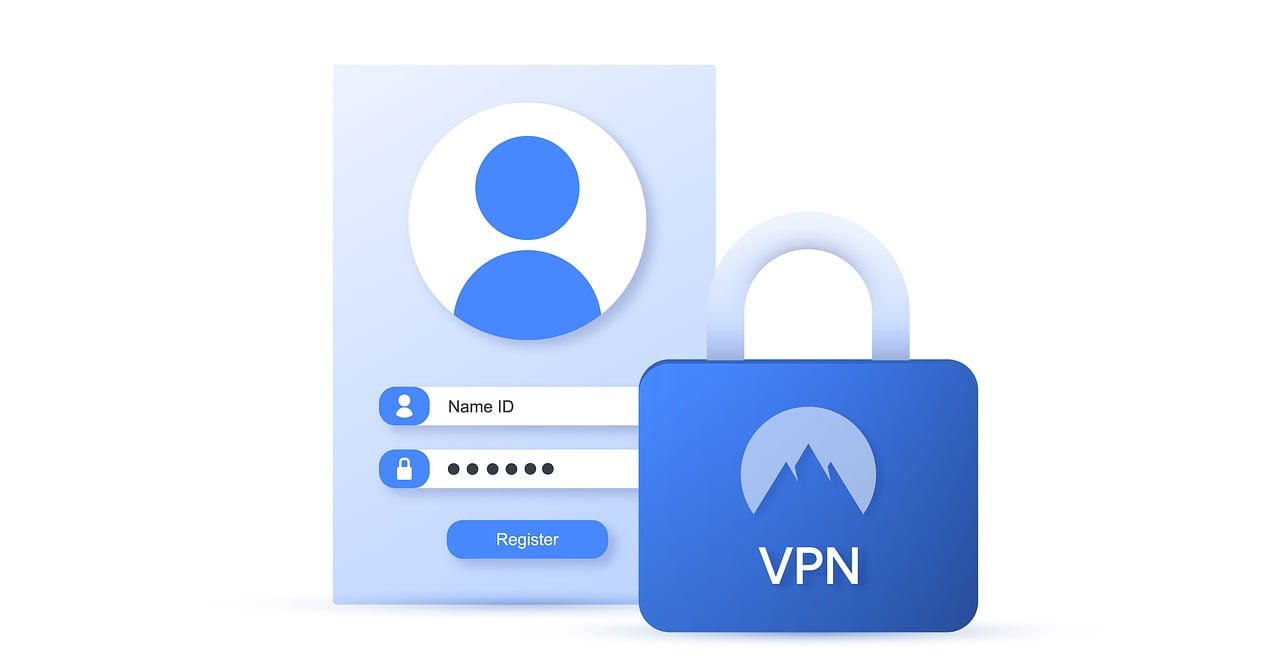In today's digital age, we are increasingly relying on the Internet for our daily activities, and with that comes the risk of threats to our personal privacy. Malicious hackers, surveillance agencies, advertisers, etc. may track and monitor our online activities. In this context, the use of VPNs (Virtual Private Networks) becomes an effective tool for privacy protection. In this article, we will cover a few key steps to help you stay anonymous online and achieve privacy through VPN.

Step 1: Choose a trusted VPN provider
Choosing a trusted VPN provider is a top priority for protecting your privacy. Make sure you choose providers that have a good reputation, offer advanced encryption and have strict privacy policies. Check user reviews and professional evaluations to ensure that the provider does not log your online activities and does not share your personal information with third parties.
Step 2: Enable Strict Encryption
When using a VPN, make sure your connection employs strong encryption algorithms. The most common encryption protocols include OpenVPN, IPsec, and WireGuard. these protocols use advanced encryption to protect your data transmissions from hackers and eavesdroppers. Make sure to select the highest level of encryption option in your VPN settings to ensure your privacy is maximized.
Step 3: Avoid using insecure VPN services
While so-called VPN cracks may be appealing, they are often problematic in terms of privacy and security.VPN crack providers may collect and sell your personal information for a profit. In addition, they often limit bandwidth and connection speeds, affecting your online experience. To protect your privacy, it's best to choose a secure VPN service so that you can rest assured of a high-quality service and reliable privacy safeguards.
Step 4: Don't give out personally identifiable information
When using a VPN, avoid giving out personally identifiable information on any website or app. This information may include your name, address, email address, and more. Even if you use a VPN, this information can still be collected and tracked, which can threaten your privacy and security. To remain anonymous, try to sign up with an anonymous username and email address.
Step 5: Clear your browser cache and cookies regularly
Browser cache and cookies may contain information about your online activities and personal preferences. To protect your privacy, it is necessary to clear your browser cache and cookies regularly. This reduces the risk of being tracked and ensures that your personal data is not misused.
Step 6: Choose an anonymous payment method
Choosing an anonymous payment method is an important step in protecting privacy when shopping or paying online. Using cryptocurrency or an anonymous third-party payment platform can help you avoid providing your personally identifiable information to merchants or third-party payments.
Step 7: Change your VPN server location regularly
To further protect your privacy, it's a good habit to change your VPN server location regularly. By changing server locations, you can avoid establishing patterns of online activity that are associated with a specific geographic location, making privacy protection more difficult.
To summarize, there are a number of key steps you need to take to stay anonymous online and protect your privacy. Choose a trusted VPN provider, enable strict encryption, avoid free VPN services, don't disclose personally identifiable information, regularly clear your browser cache and cookies, choose an anonymous payment method, and change your VPN server location regularly. By following these practices, you can better protect your personal privacy and achieve your goal of anonymity online.
Remember, privacy protection is a right and a responsibility for all of us. By using a VPN and taking appropriate measures, we can better protect our personal privacy and enjoy a safe and private online experience.
 Email
Email